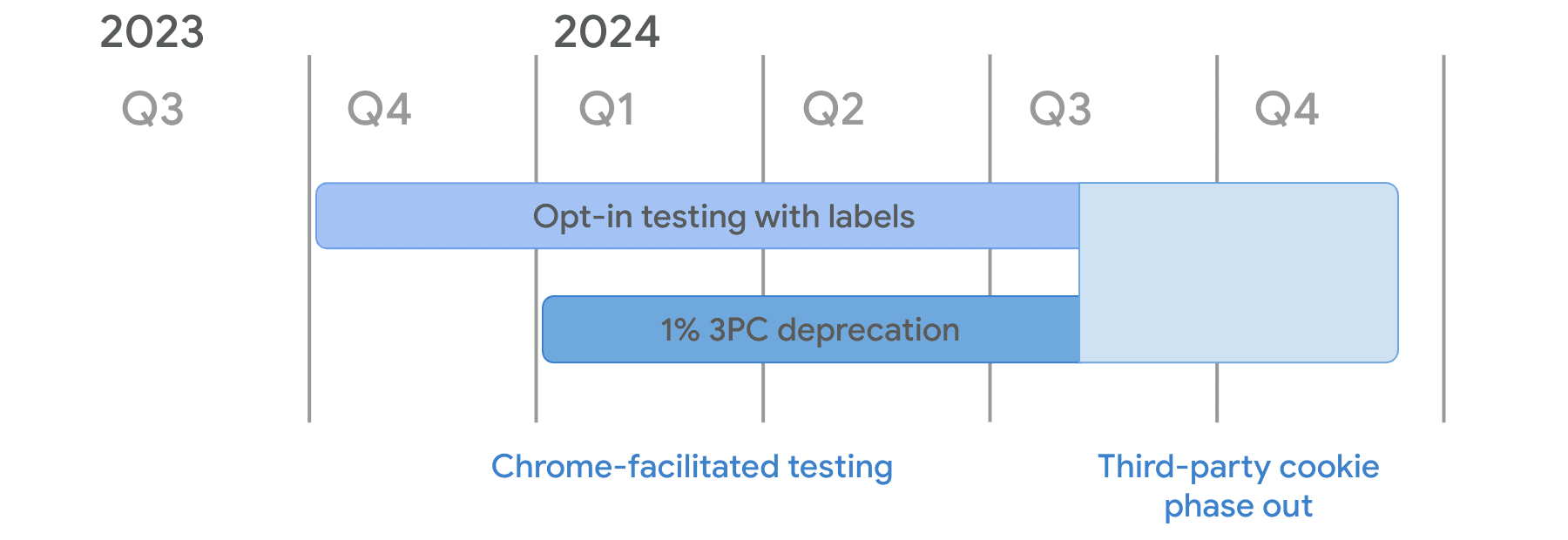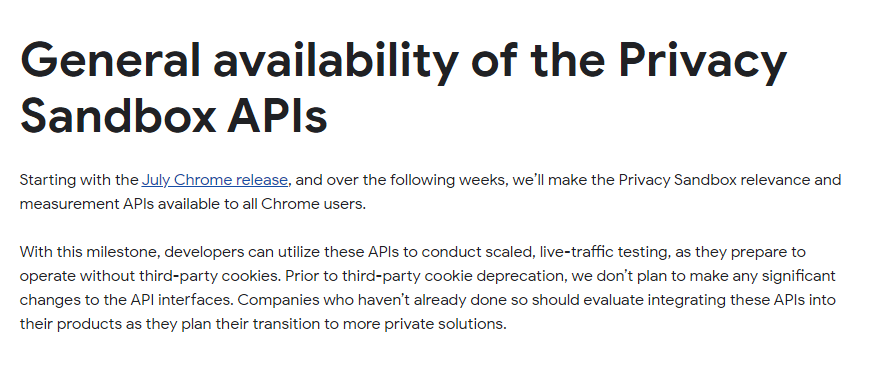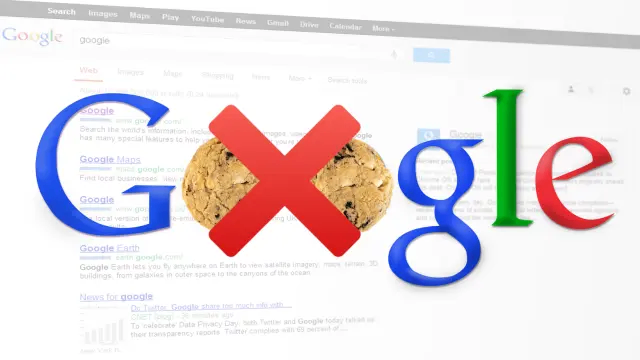Advertising industry shock: Google intends to completely ban third-party cookies by the end of 2024
It is reported that Google has gradually started to clear third-party cookies in Chrome browser, and plans to completely disable third-party cookies by the end of this year。
According to multiple media reports, Google has gradually begun to remove third-party cookies in Chrome browser, and plans to completely disable third-party cookies by the end of 2024。
On January 4, the tech giant began testing the "tracking protection" feature for 1% of Chrome browser users worldwide (about 30 million people), replacing third-party cookies with a more privacy-focused "privacy sandbox" to limit cross-site tracking operations and better protect users' privacy.。It said the company would seek the views of randomly selected users, asking them if they "want to browse with more privacy."。

"Cookies" have existed since the emergence of the network, is the user after browsing the web page stored in the computer cache file, after enabling, the user will receive the "whether to allow the use of cookies" pop-up window, it will record the user's preferences, and in other websites for personalized advertising recommendations。
Most importantly, the user's account, password, mobile phone number and other personal information will also be stored in the local terminal cookie, thus posing the risk of privacy disclosure。As a result, a number of organizations and companies have restricted the use of cookies, such as Apple's Safari and Mozilla's Firefox browser has long defaulted on the option to block third-party cookies, but Google has repeatedly delayed the date of disabling cookies due to complaints from publishers and ad technology companies.。
It wasn't until last September that Google launched the Privacy Sandbox feature, claiming that it could take advantage of different application programming interfaces (APIs) and technologies to protect users' privacy and promote personalized advertising while "ensuring user privacy."。
In May 2023, Anthony Chavez, vice president of Google, posted: "The Chrome browser will gradually make Privacy Sandbox correlation and measurement APIs available to all users starting in July, and developers can use these APIs for large-scale real-time traffic testing without third-party cookies.。No significant changes will be made to the API interface until third-party cookies are deprecated。"

At the same time, regulators such as the UK Competition and Markets Authority (CMA) are also closely monitoring the use of Privacy Sandbox to ensure fair competition at the antitrust level, such as in advertising sales.。Google also said that as part of the agreement with CMA, the company promised not to give any preferential treatment to its own products.。
According to Statcounter, Google Chrome accounts for 65% of global Internet traffic and has the largest user base in the world.。After Google announced the cancellation of cookies, many advertisers have expressed dissatisfaction with the move, saying that Google is not ready for the market.。
Anthony Katsur, CEO of IAB Tech Lab (the advertising technology industry trade group), said that "the advertising industry is far from ready," the price of online advertising could change dramatically as a result, and the implementation of the program, which is in line with the advertising industry's highest revenue-generating quarter of the year, will have a huge impact on its performance.。
And this time, Google will stick to its decision。
It is understood that cookies are divided into first-party and third-party。First-party cookies are created by the website itself and generate various data stored on the user's device, such as maintaining login status, remembering preferences, etc., to provide users with a variety of content。Third-party cookies, on the other hand, are data generated embedded in the content or advertising of a website to track user behavior and are often used in online advertising and marketing processes.。

Google has made it clear that the ban targets third-party cookies, which are cookies used by the online advertising industry to track users and deliver relevant ads, and will not affect cookies used to store basic content such as login information.。
After the implementation of the ban, some websites may not be able to access normally without blocking third-party cookies。In addition, when Chrome detects that a user is experiencing a problem on a website, it will ask if it wants to temporarily restart the website's third-party cookies, and this temporary permission will also be used in seamless mode.。
Chavez said: "Google is committed to strengthening the degree of privacy protection on the Internet, and from the perspective of many websites, cookies are an important source of revenue for its advertising business, and we are confident in the industry's ability to complete the transition."。"
Phil Duffield, UK vice president of The Trade Desk (digital advertising platform), has shown his support for Google's change.。He said that Google's Privacy Sandbox runs on Chrome and is not attached to other browsers.。Therefore, protecting users "online privacy does not mean depriving publishers of their profitability.。
"If the British CMA believes that this plan is inappropriate, it can come forward to stop it.。Duffield added。
Nathan Petralia, former general manager of Merkle Hong Kong, said: "While third-party cookies enable accurate target tracking and targeting, their disappearance will prompt the industry to adapt to new strategies and achieve the best of both worlds in personalized advertising and user privacy protection.。"
·Original
Disclaimer: The views in this article are from the original Creator and do not represent the views or position of Hawk Insight. The content of the article is for reference, communication and learning only, and does not constitute investment advice. If it involves copyright issues, please contact us for deletion.